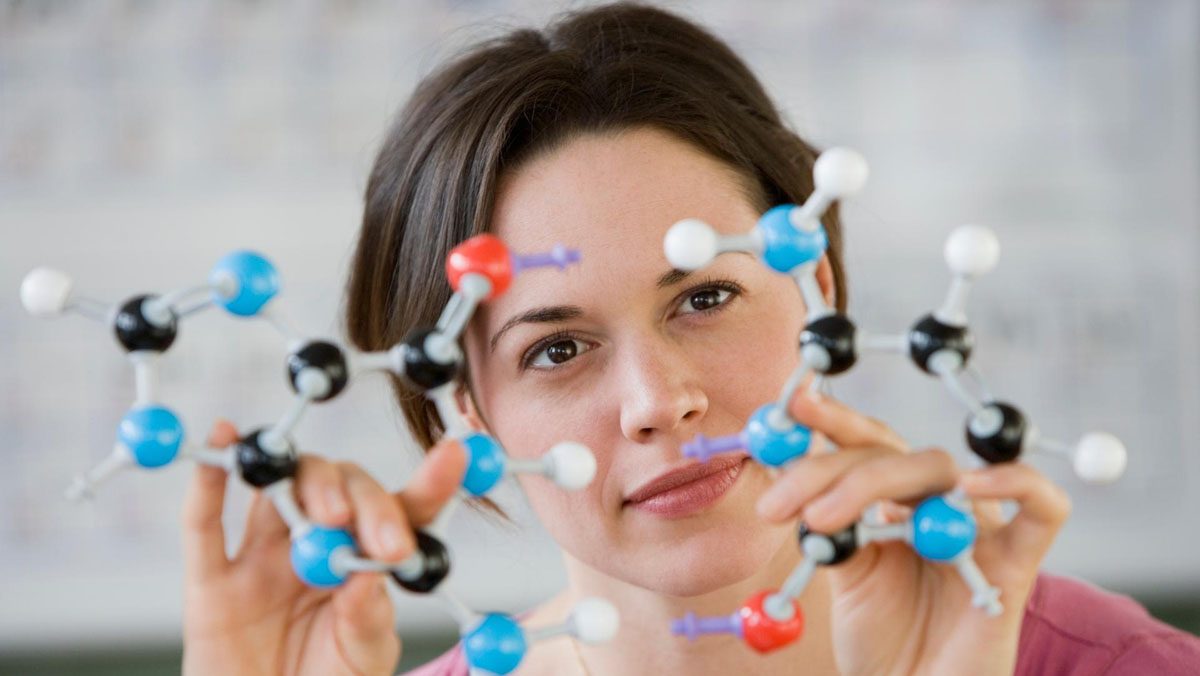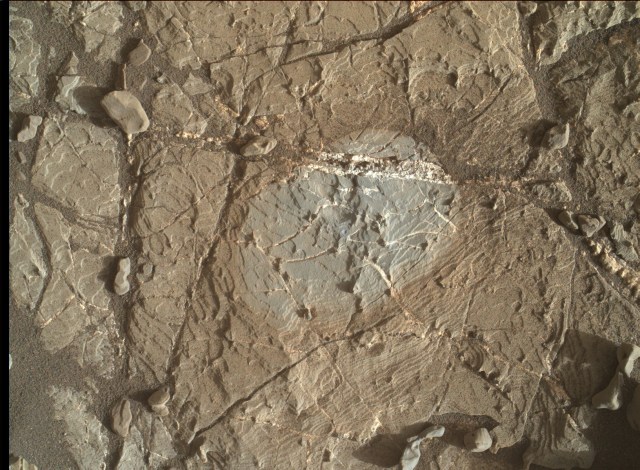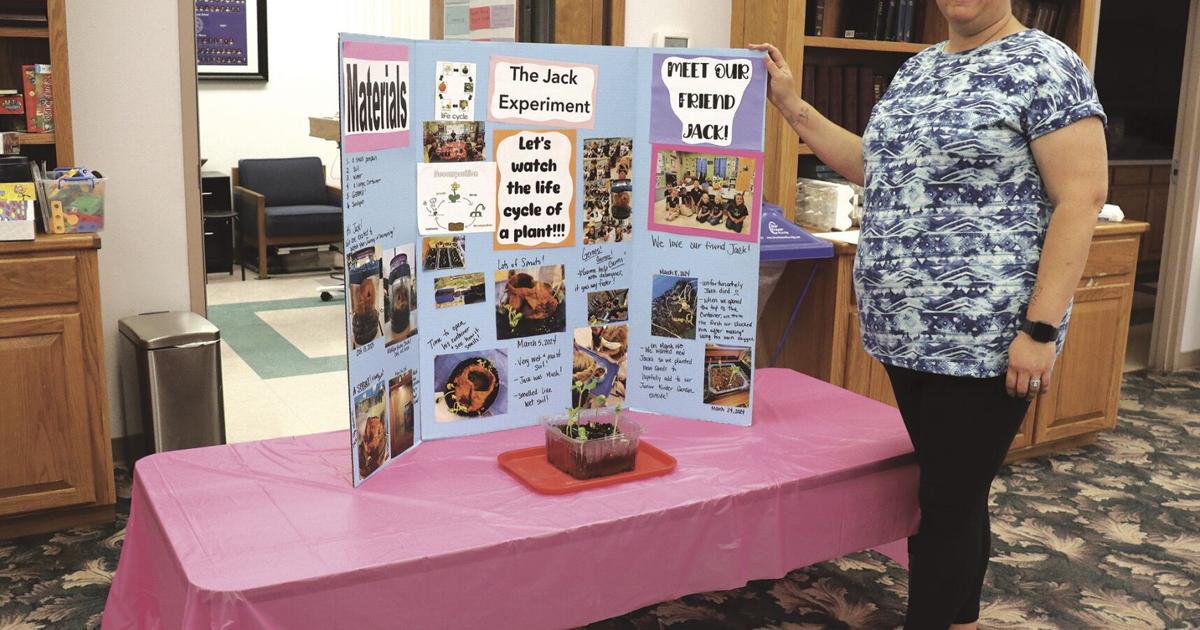
Origin of Science Day
World Science Day The International Day of Peace and Development has been observed annually on 10 November since 2002 to commemorate the commitment made in Budapest in 1999 at the World Science Conference.
The aim of the event was to formulate a new social contract for science in order, among other things, to ensure the responsible use of knowledge in all areas of science and prevent its misuse.
The celebration of World Science Day seeks to renew commitment to science for peace and development by emphasizing that science can help eradicate poverty, raise public awareness of the importance of science, and bridge the gap between science and society.
In addition, this Science Day serves as a precursor to the International Week for Science and Peace, which has been observed since 1986.
World Science Day 2023. Building confidence in science
Under the slogan Building confidence in scienceThis year, UNESCO focused World Science Day 2023 on the premise that science can only fully play its role in shaping our collective future if it is able to build trust.
It is precisely trust in science that drives the application and development of evidence-based solutions to solve the multiple challenges generated around our planet.
This is because trust in this knowledge is a complex issue that affects the way scientists do their professional work and society’s perception of issues in the field.
Therefore, the trust generated by science also strengthens science-based policy decisions and social support for their subsequent implementation.
The development of science is also a step towards making our societies more sustainable.
Science Day goals
The importance of celebrating this day can be seen in the importance of the goals set for World Science Day:
- To enhance the community Awareness of the role of science in building peaceful and sustainable societies.
- I’m classy National and international solidarity with the aim of exchanging science between different countries.
- Renewal of commitment (also at national and international levels) to use science for the benefit of societies.
- To provide challenges Confronting science and encouraging support for scientific work.
Science is a human right
Although many people may not realize it, science is considered a human right. Specifically, Article 27 of the Universal Declaration of Human Rights recognizes that “everyone has the right freely to participate in the cultural life of the community, to enjoy the arts and to contribute to scientific progress and its benefits.”
The same article also adds that “every individual has the right to protect the moral and material interests resulting from any scientific, literary or artistic production of his own making.”
Hence, the recognition that everyone has the right to participate in and benefit from science will serve as a driving force for the global discussion on options for improving access to science, as well as its benefits for the development of science and technology.
Women and girls in science
Although there is already a specific commemorative day, specifically February 11, a day like World Science Day also serves as an excuse to highlight the value of female talent.
Increasing the presence of young women in STEM professions and enhancing the role of professionals who advance the necessary changes involves activating programs that connect with them and demonstrate that these disciplines have a fundamental impact on society, institutions and innovation.
To this end, it is necessary to accompany, train and recognize female talent, as well as champion the example of pioneering women and references such as Marie Curie (the first woman to win a Nobel Prize and, moreover, the first person to receive a Nobel Prize). This award was awarded twice: in physics in 1903 and in chemistry eight years later, by Rosalind Franklin (who contributed decisively to the discovery of the double helical structure of DNA) and Ada Lovelace (the first female programmer in history).






